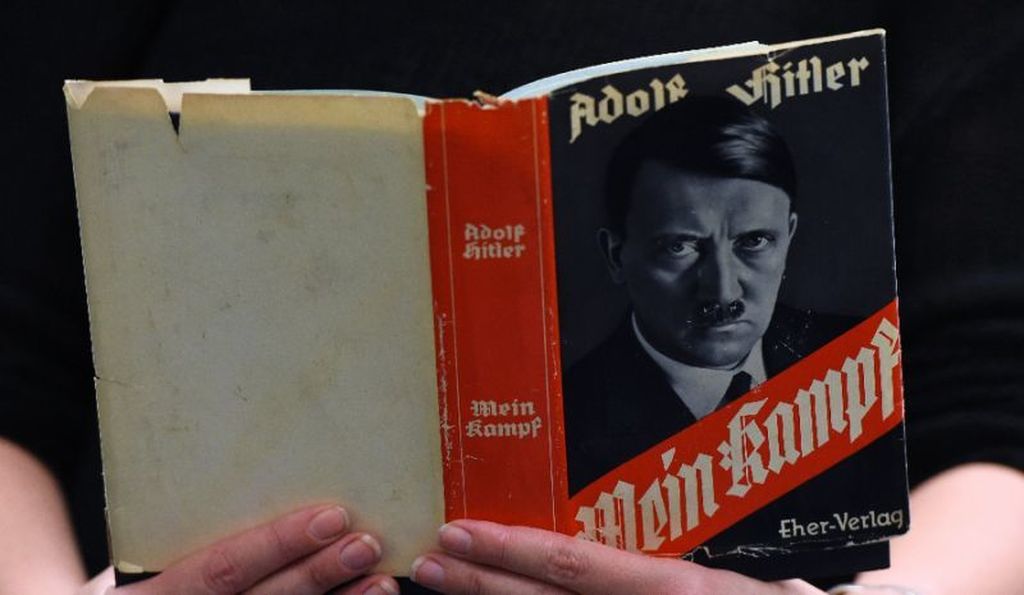From the wilderness there is a journey to Jerusalem
The word of God that came to John in the wilderness does not remain there. It does not begin as a ‘top down’ movement and does not proceed in that way, but for sure there is a challenge to the top. Jesus spent most of his time away from the centre. Although it was hard to stay hidden he did not pursue a journey that promoted his own visibility, but when the time comes he sets out with purpose to Jerusalem:
As the time approached for him to be taken up to heaven, Jesus resolutely set out for Jerusalem (Lk. 9:51).
In any case, I must press on today and tomorrow and the next day—for surely no prophet can die outside Jerusalem! (Lk. 13: 33).
Jerusalem is the centre for faith, but it is compromised. Compromised with political power. The High priestly family is one of the richest in Jerusalem. Religion and politics not mixing? So often they mix when there is a symbiotic relationship. Religion getting privileges from the political arena and politics getting the support of religion so as the status quo is maintained. In the midst of this compromised relationship the Jewish hierarchy are not only willing, but keen, to sacrifice Jesus so that the nation has a future and the Romans do not take away their Temple. The Jewish court was the place where it was declared:
If we let him go on like this, everyone will believe in him, and then the Romans will come and take away both our temple and our nation.
Then one of them, named Caiaphas, who was high priest that year, spoke up, “You know nothing at all! You do not realize that it is better for you that one man die for the people than that the whole nation perish.” (John 13: 48-50).
Jesus was ultimately judged by the Jewish court and handed over to the Romans, so that the Jewish system could continue! Together, religious and political power bonded together in economic transaction, crucified Jesus. Ironically it was the Romans a generation later that took away the Temple and nation. His death did indeed save them and the Temple, but not as they thought. He gave them a path of salvation so that they might not be as one of the nations, and the ‘true temple’, one not built by hands might emerge. In this context we can read
Salvation is found in no one else, for there is no other name under heaven given to humanity by which we must be saved (Acts 4:12).
Peter and John are addressing the Jewish ‘rulers and elders’, quoting Scripture about the rejected stone becoming the cornerstone (of the Temple), this is not a universal Scripture concerning salvation, but in its context a Scripture about the path of ‘salvation’ that comes through Jesus for the nation of Israel – and salvation from the coming troubles that Jesus prophesied would come within a generation. Salvation, amidst the destruction of Temple and dispersion of the nation, was promised through their Messiah, and the focus is not on salvation in the ‘beyond this life’ setting but salvation to be who they were meant to be in a ‘this life’ setting, the setting of the imperial and political world. All who are in Jesus will be saved. Saved from the Roman onslaught, saved from being focused on a building in Jerusalem, and saved from being a member of a nation that had so become one of the nations. Saved to be a living stone in temple not built with hands and saved to be part of a holy nation, a royal priesthood, aliens throughout the nations.
In hoping to find continued safety the religious powers to preserve their status were willing to sacrifice Jesus; conversely Jesus was willing to sacrifice himself to save the nation, but not as a compromised through wrong-political-alliance-nation. The Jewish elders were able to justify the ultimate exercise of power and control (taking life) to preserve themselves and who they were – the chosen people. Change if need be, for them, will come via that level of ultimate control. Jesus though takes the path of laying down his life to effect change. Change will come through death, not change through killing.
His travel to Jerusalem was to break the hold of compromised religion, for then there is real hope for transformation beyond. There is a process. The faith community must be set free from wrong political alliance and dependency. Religion is a parody of real faith so that has to be broken, and as Jerusalem was the centre for that, to Jerusalem Jesus travels. The first step is that the Prophet has to die in Jerusalem. In the same way as religion is a parody of true faith so the wider world of the Roman empire (as per all empires) was a parody of the rule of God among people. Not surprisingly the focus shifts from Jerusalem to Rome. The era of the prophets dying in Jerusalem is over. Rome is where they will live… and die.

